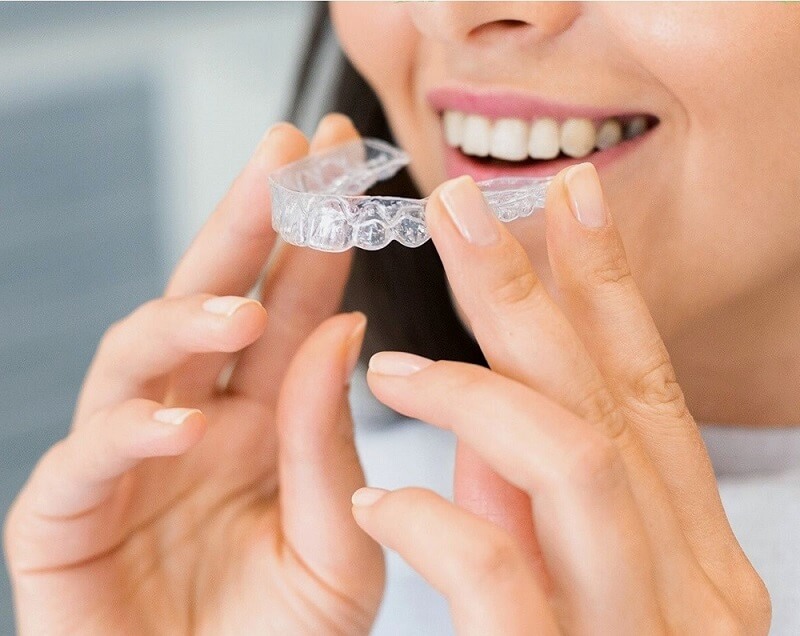Invisalign in The Colony is Perfect for Mature Patients
When we think of straightening the teeth, the first thing that comes to mind is teenagers wearing braces. But the fact is that orthodontic treatment like Invisalign is not only for young people. Today, we can see mature patients getting healthy, beautiful smiles with adult orthodontics. A person is never too old for orthodontic care. Invisalign for mature patients address aesthetic concerns while also preventing and fixing oral health issues that arise with age. So what orthodontic concerns indicate that you are a candidate for adult Invisalign? What are the benefits of Invisalign?
Why Get Invisalign for Mature Patients?
Orthodontics for mature patients can help with getting the smile you have always wanted or address dental problems that have developed over time. Adult Invisalign can also prevent new dental issues from happening. You might also have had braces when you were younger, but the teeth have since then relapsed over time so you can realign them.
Your mature years are also the perfect time to get a healthy smile with Invisalign. This is the chapter in your life when you finally have the time and means to focus on yourself and finally have the smile that you have always longed for. These years are also the perfect time to take on new adventures, get new hobbies, and choose healthy lifestyles. Invisalign can be a welcome aesthetic enhancement at this time of your life, helping you feel more attractive, youthful, and confident.
Adult orthodontics can also improve the quality of your life. There are mature patients who now have a hard time eating, drinking, and speaking because of problematic teeth. If you suffer from migraines, TMJ, or jaw pain associated with orthodontic problems, you can go back to your once pain-free life with Invisalign. Correcting a bad bite or misaligned teeth benefit your oral and physical health as well. Here are the benefits of Invisalign for mature patients and why having straight teeth matters.
- Improve efficiency. If you are experiencing difficulty with chewing now in your later years, this is because your teeth do not fit together in a proper bite. An open bite can make it hard to chew, which can cause you frustration. Aligning the bite can put the teeth in their proper alignment and health you eat again without problems.
- Better oral hygiene. Crowded, crooked teeth are harder to clean; you need to brush and floss more diligently so you can clean around and in between teeth. Having bad oral hygiene makes you prone to gum disease, cavities, tooth decay, and tooth loss.
- Avoid tooth wear and damage. Our site tends to deepen with age. A deep bite can be hard on the teeth and contribute to tooth wear. Enamel that has worn down will not grow back, so procedures like crowns or veneers are needed to lengthen and bring teeth back to their normal functioning.
- Prevent future issues. Perhaps you have had some mild oral issues throughout your adult life but they have not intruded on your oral function. Teeth continue to shift as we age, and mild orthodontic problems can become more complex later on. Invisalign can prevent problems from getting worse.
Treatment Options of Invisalign in The Colony
Most patients are good candidates for Invisalign. Even the most complicated treatments can be treated at the hands of an experienced orthodontic professional. Many people have concerns that their older teeth are already set in their positions and will not respond to orthodontics anymore. This is not true. With the right treatment plan and pressure, they can move at any age for as long as the teeth and gums are healthy. If they do not, you might tooth decay or gum disease, which you can get treatment for.





 |
|